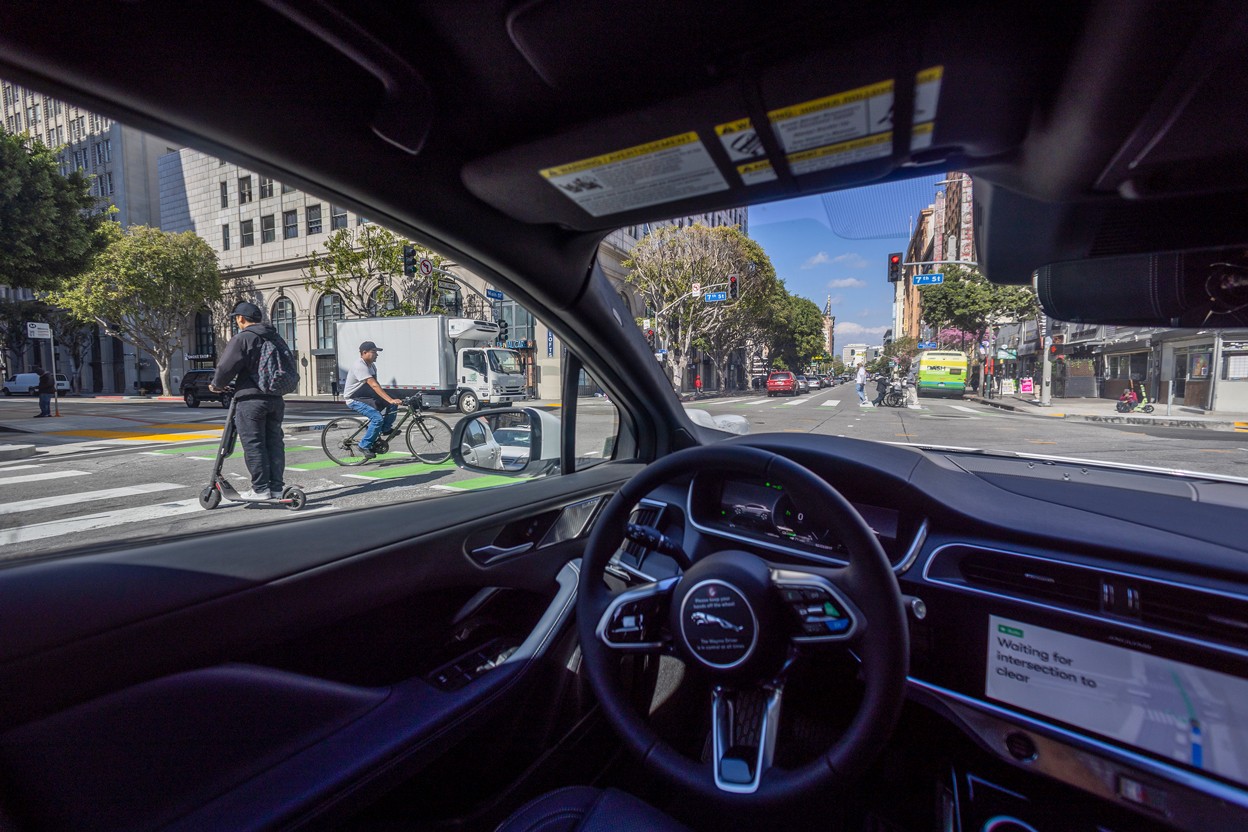
Nature.com
Nature.com is "a weekly international journal publishing the finest peer-reviewed research in all fields of science and technology," according to its About page.
Driverless taxis run by artificial intelligence use less fuel than conventional ones, but the wider climate impacts are unclear. Credit: Allen J. Schaben/Los Angeles Times/Getty
Artificial intelligence (AI) is already transforming the global economy. Companies are investing hundreds of billions of dollars each year in these technologies. In almost every sector, AI is being used to drive operational efficiencies, manage complexity, provide personalized services and speed up innovation.
As AI’s influence on society grows, questions arise about its impact on greenhouse-gas emissions: will its myriad applications help to reduce the world’s carbon footprint or hinder climate progress? The answer will depend on how AI models are developed and operated, and what changes result from their use. And scientists simply don’t know how all that will pan out — a worrying situation when there is so much at stake.











